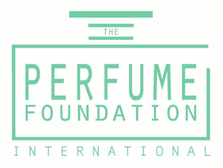|
By Terry Johnson, IPF Vice-Chair and Business & Marketing Expert “Smaller players must be brave enough to build a distinctive, even unconventional brand identity, rooted in the heritage and the know-how of their own brand. They must be bold enough to innovate with a disruptive identity and value proposition.” Alessandro Balossini Volpe, Professor of Brand Management When discussing the word “brand” it is important to recognize that there are two different kinds of brands each having different purposes and both working together synergistically: Company Brands and Product Brands. For large organizations such as Moët Hennessy Louis Vuitton (LVMH), branding gets quite complicated. They have their own LVMH Company Brand, Company Brands of the 75 companies they own, plus the Product Brands from all companies. For this article, we are going to focus on Company Brands for perfumery and essential oils brands. Your Company Brand, whether it is your company name, slogan, logo, or other aspect of visual identity (such as the use of the New Luxury Code Logo), needs to be developed or redeveloped from your Value Proposition, which represents the promises of what value you will continue giving to the rest of the Natural Essence Community. Along with your Mission Statement and Vision Statement, your Company Brand should reflect those promises which will be fulfilled through the proper execution of your Business Plan. When you read articles that feature some aspects of branding, it is important to know which type of branding they are discussing, since it is quite common to discover authors who use Company Brands and Product Brands interchangeably. Since we are discussing Company Brands, here is a diagram of a recent survey on brand authenticity: How do we know if a survey is talking about Company Brands or Product Brands?
One clue in this diagram is to go down the list until you get to “Uses all natural ingredients”. Only 11% thought that natural ingredients were associated with authenticity. If this had been a survey about Product Brands, especially in natural essences, “Uses all nature ingredients” would have been near the top if not the top choice. But in this survey, it only rates 11% because they are responding to questions in authenticity of Company Brands. Powering up your Company Brand presents an opportunity to revisit your Value Proposition to strengthen the value your Company Brand through improvements in messaging between your company and everyone you have contact with. Who should you communicate with about the value of your Company Brand?
Terry Johnson is teaching Business and Marketing, an essential course for developing a successful perfumery or essential oil business.
0 Comments
By Françoise Rapp, France IPF Chair and Perfumotherapy Expert Welcome to the World of Perfumotherapy, where art and science intertwine to create a sensory experience like no other. Perfume has been a trusted companion throughout history, supporting us in various aspects of our lives. In this updated course on Perfumotherapy, we delve deeper into the world of olfaction, exploring the power of our sense of smell and its impact on our emotional well-being. Join us on this fragrant journey as we discover the uniqueness of a beautifully crafted scent.
Understanding the Heritage of Perfume Perfume has a fascinating heritage that stretches back centuries. From ancient civilizations to the modern world, perfume has been an integral part of human culture. In ancient Egypt, perfumes were used for both religious and cosmetic purposes, and the art of perfumery was highly esteemed. The Greeks and Romans also embraced fragrance to enhance their personal grooming rituals and as offerings to the gods. Over time, perfume evolved toward luxury and medicinal purposes with pomanders, vinegars, and other applications. The Science Behind Perfumotherapy Perfumotherapy is not just about the art of creating beautiful scents; it is also rooted in science. Our sense of smell is closely linked to our emotions and memories, making perfume a powerful tool for enhancing our well-being. When we inhale a scent, it triggers a response in our limbic system, which regulates emotions and memories. This connection between scent and emotion is why certain smells evoke strong feelings or transport us back to a specific time or place. Scientific studies have shown that certain scents can profoundly impact our mood and overall well-being. For example, lavender is known for its calming properties, while citrus scents like lemon and orange can uplift and energize. By understanding the science behind Perfumotherapy, we can harness the power of scent to create positive changes in our lives. The Benefits of Perfumotherapy Perfumotherapy offers a multitude of benefits for our overall well-being. The power of scent to evoke emotions and memories can be harnessed to reduce stress, improve mood, and promote relaxation. Certain scents have been shown to enhance cognitive function and improve focus and concentration. By incorporating Perfumotherapy into our daily lives, we can create a sanctuary of scent that supports our emotional and mental well-being. Whether wearing a favorite perfume, diffusing essential oils, or creating our custom blends, Perfumotherapy offers a holistic approach to enhancing our daily lives. As consumers look for ways to enhance serenity in their daily lives, it is crucial to incorporate that dimension into any natural perfume composition. Therefore, a wide array of applications are available in Perfumotherapy, from conventional use to home scents, personal care, and cosmetics. The Updated Course on Perfumotherapy This updated course on Perfumotherapy takes a comprehensive approach to exploring the world of fragrance. From the heritage of perfume to the science behind its therapeutic effects, this course offers a wealth of knowledge and practical skills. Participants will be able to learn from experienced perfumers and industry experts, gaining insight into the art of perfumery and its applications. Through theoretical lessons and hands-on workshops, participants will develop their olfactory skills and learn how to create their unique scents. So why wait? Join us on this fragrant journey and discover the transformative power of Perfumotherapy. The Perfumotherapy curriculum includes an Olfaction Training course, a French natural Aromatherapy course, a French Natural Perfumery course, and four unique complementary modules. Read all the details here. The session opens each first Monday of the month. Enroll now for the February 5 session. Multiple payment plans are available. |
Archives
June 2024
Categories
All
|
- HOME
- ABOUT
- IPF CERTIFICATION
-
COURSES
-
MASTER CLASSES
- Teaching Methodology
- Natural Raw Material Extraction Methods >
- Natural Candle Making
- Healing Gardening
- Sustainable Oud MasterClass
- World Perfume History Master Class
- Scent Design and Formula Building >
- Fragrant Botany & Chemistry >
- Perfume Design, Concept and Storytelling
- French Natural Aromachology #1
- French Natural Aromachology #2
- Olfaction Training for Children
- Accords - Chypre
- Accords - White Florals 1
- Accords - Fougeres and Aromatics
- FRAGRANCE DEVELOPMENT
- SPEAKERS
- EXHIBITIONS
- Partners
- Blog
- Contact
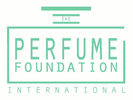
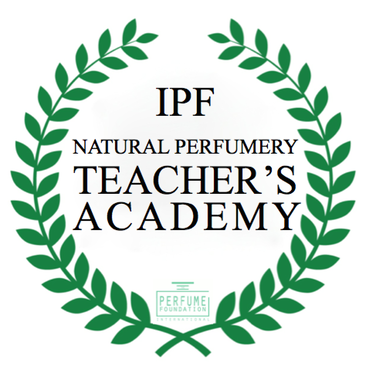
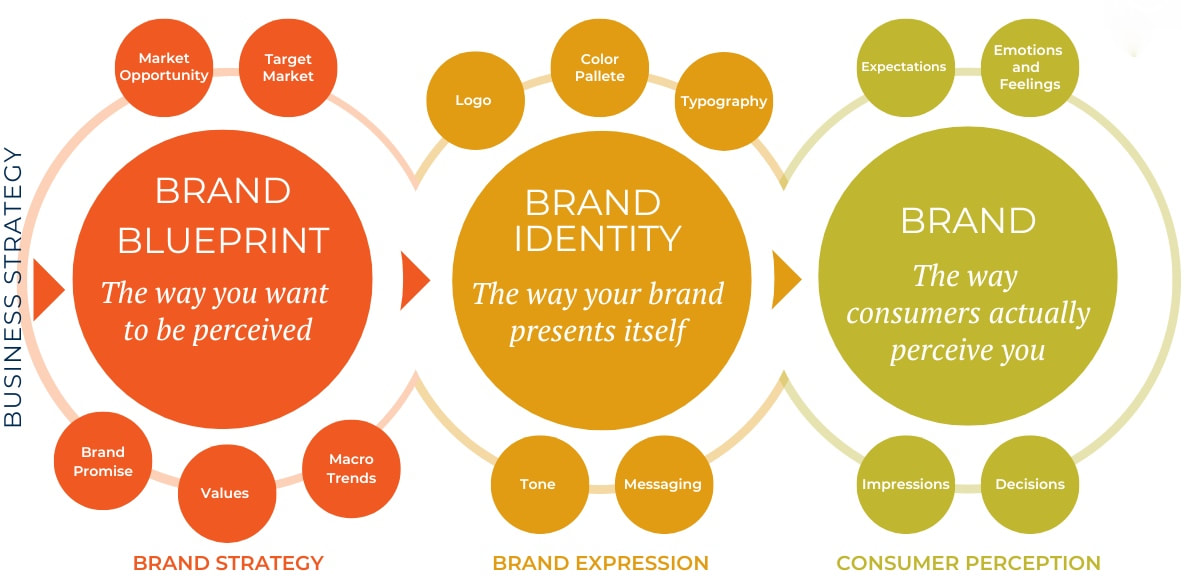
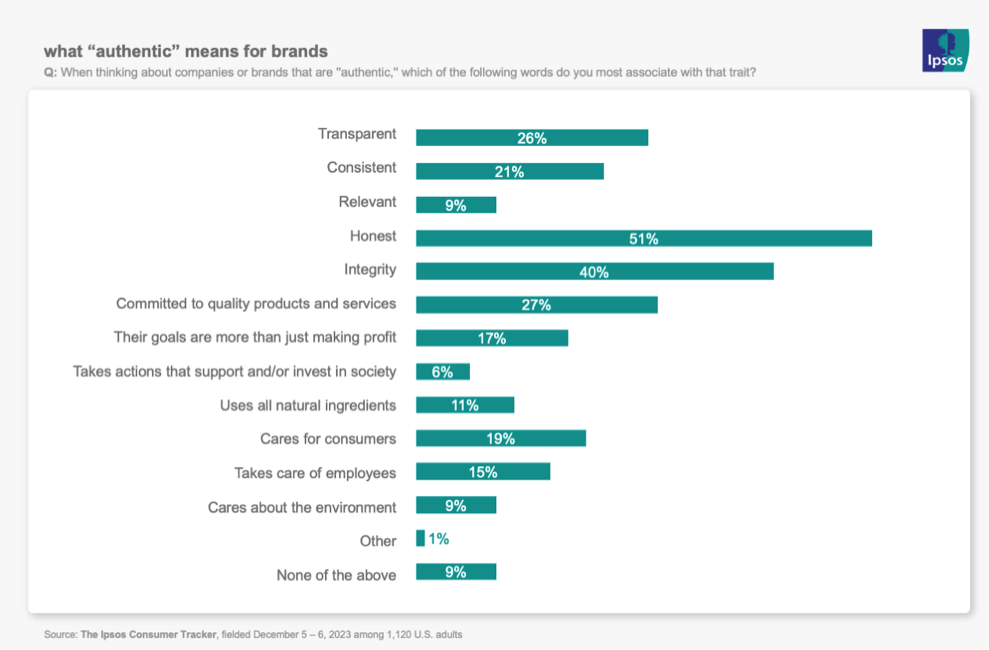
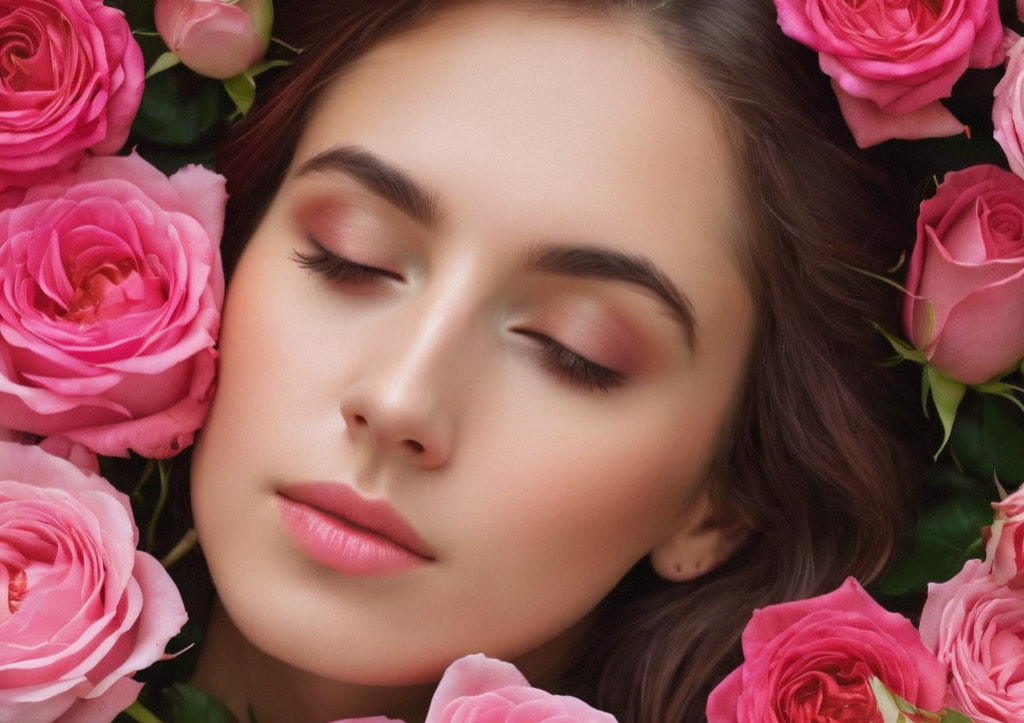
 RSS Feed
RSS Feed
